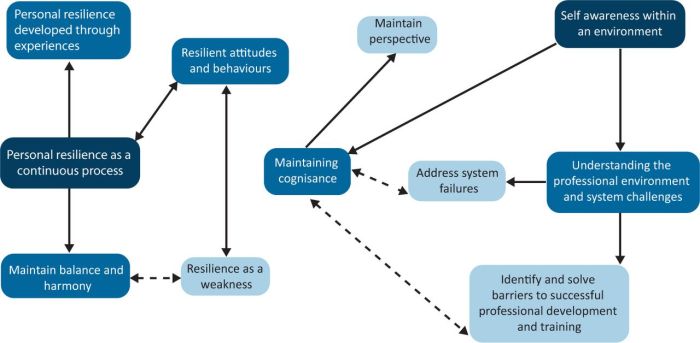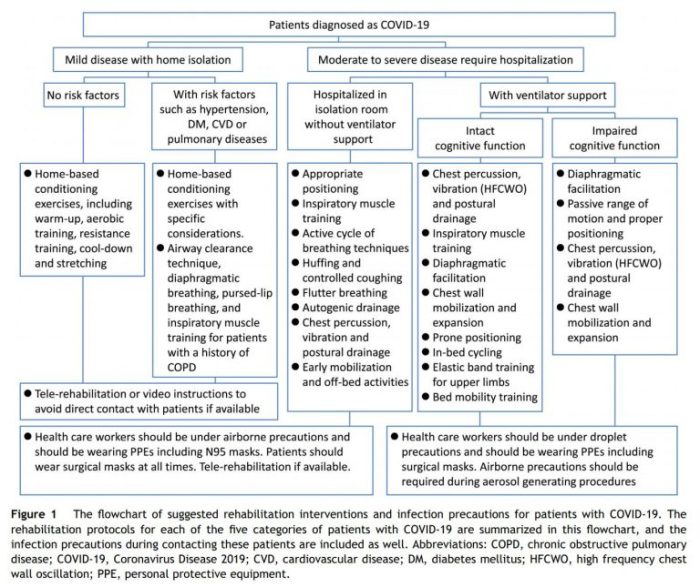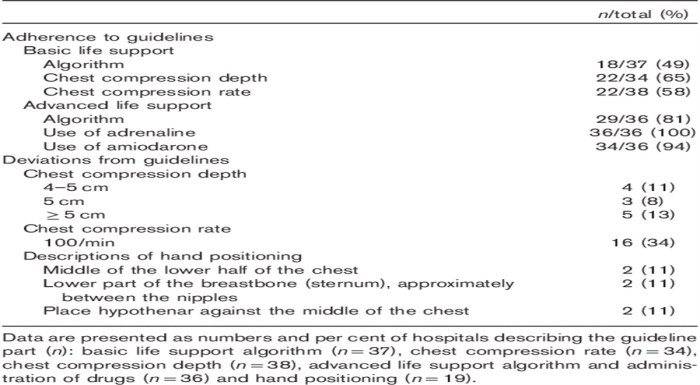Relias IV therapy/infusion competency assessment A is a comprehensive evaluation tool designed to assess the knowledge, skills, and performance of healthcare professionals administering intravenous (IV) therapy and infusions. This assessment is crucial for ensuring patient safety and maintaining high standards of care in IV therapy practices.
This assessment covers core knowledge areas, essential skills, and performance evaluation methods to provide a thorough evaluation of competency in IV therapy/infusion. It is an integral part of continuous quality improvement initiatives, helping identify areas for improvement and maintain ongoing proficiency.
Competency Assessment Overview: Relias Iv Therapy/infusion Competency Assessment A

Competency assessments play a crucial role in ensuring the safe and effective administration of intravenous (IV) therapy and infusion. They evaluate the knowledge, skills, and performance of healthcare professionals to determine their ability to provide high-quality patient care.
A comprehensive competency assessment should include:
- Knowledge assessment: Evaluation of theoretical knowledge related to IV therapy/infusion.
- Skills assessment: Evaluation of practical skills required for IV therapy/infusion procedures.
- Performance assessment: Evaluation of competency in real-world settings through scenarios or simulations.
Knowledge Assessment
Core knowledge areas covered in a competency assessment include:
- Principles of IV therapy and infusion
- Types of IV fluids and medications
- Equipment and supplies used in IV therapy
- IV insertion techniques
- Medication administration protocols
- Complications and emergencies in IV therapy
Sample questions:
- Describe the indications and contraindications for IV fluid administration.
- Explain the difference between a central line and a peripheral IV line.
- Identify the potential complications associated with IV therapy and discuss how to prevent them.
Skills Assessment
| Procedure/Task | Assessment Criteria |
|---|---|
| IV insertion | Accuracy, safety, and efficiency |
| Medication administration | Correct dosage, route, and timing |
| Equipment troubleshooting | Ability to identify and resolve common issues |
| Patient monitoring | Observation and assessment of patient response |
| Documentation | Accuracy, completeness, and timeliness |
Performance Assessment
Performance assessment methods include:
- Direct observation of IV therapy procedures in real-world settings
- Simulation scenarios using standardized patients or mannequins
- Case studies or clinical vignettes
Example scenarios:
- Inserting an IV line in a patient with difficult venous access
- Responding to an anaphylactic reaction during IV medication administration
- Troubleshooting a malfunctioning IV pump
Evaluation and Feedback, Relias iv therapy/infusion competency assessment a
Competency assessment results are evaluated to determine if the individual meets the required standards. Constructive feedback is provided to identify areas for improvement and support ongoing professional development.
Continuous Quality Improvement
Competency assessments provide valuable data for identifying areas where IV therapy/infusion practices can be improved. Ongoing monitoring and evaluation ensure that competency is maintained and that patient care is delivered at the highest possible level.
User Queries
What are the benefits of using relias IV therapy/infusion competency assessment A?
Relias IV therapy/infusion competency assessment A offers several benefits, including ensuring patient safety, maintaining high standards of care, identifying areas for improvement, and supporting continuous quality improvement initiatives.
Who should undergo relias IV therapy/infusion competency assessment A?
Healthcare professionals who administer IV therapy and infusions, such as nurses, pharmacists, and physicians, should undergo this assessment to demonstrate their competence in these practices.
How often should relias IV therapy/infusion competency assessment A be conducted?
The frequency of assessment may vary depending on organizational policies and regulatory requirements. It is generally recommended to conduct the assessment periodically, such as annually or semi-annually, to ensure ongoing competence.


